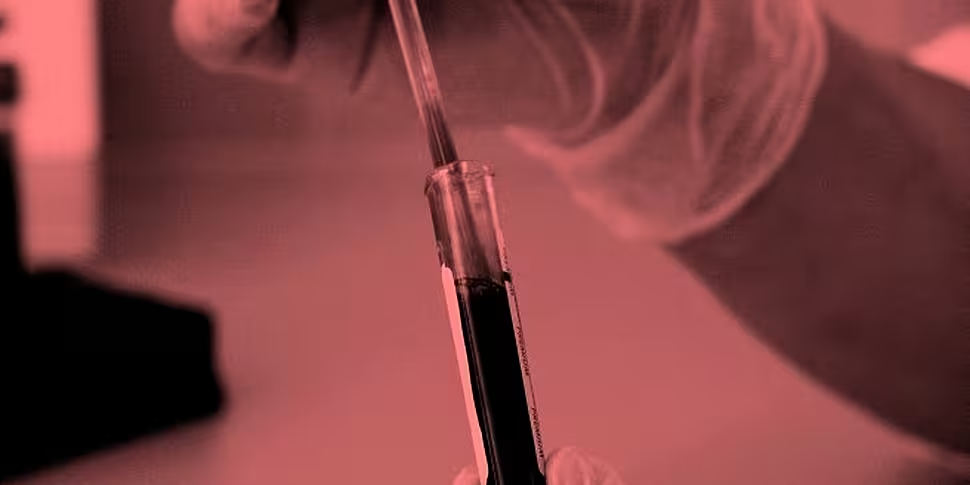This weekend, Documentary On Newstalk airs the premiere of 'Women Like Me' in which producers Maurice Kelliher and Shaun O’Boyle explore how the tragedy of contaminated Anti D led to one scientist discovering that some people have a built-in immunity to Hepatitis C—and how they could hold a key to fighting the virus....
'Women Like Me' will be broadcast on Newstalk 106-108fm on Sunday 11th February at 7am with repeat broadcast on Saturday February 17th at 9pm
In 1994, thousands of Irish women found out that they may have been exposed to the Hepatitis C Virus when they were given contaminated Anti-D after giving birth in the late 70s. A national screening identified about 700 women who contracted the virus—while thousands of women showed no signs of infection. Now, 40 years after being exposed to the virus, these uninfected women could hold the key to a potentially major scientific breakthrough. This documentary follows the story of these immune women, and the scientist who is trying to find—and study— them.
Professor Cliona O'Farrelly is a researcher at Trinity College Dublin who studies the human immune system. Now, forty years after the first contaminated blood products were administered, O’Farrelly and her team are tracking down the women who were able to fight the infection on their own. She believes their immune systems are unique, and hold important information on how we could treat and prevent Hepatitis C in the future. Finding these women isn’t easy. Their records are protected by data privacy laws that couldn’t have predicted their biomedical potential. O’Farrelly, armed with promising results from a pilot study of 16 women, has embarked on a national appeal for women who were told they’d received contaminated Anti-D. With their involvement, she might be able to pinpoint how their immune system resisted Hepatitis C, and whether or not they have a natural resistance to other viruses. Already, people who were infected by the contaminated Anti-D are volunteering for the study.
In this programme we hear from O'Farrelly—and Mark Robinson, a member of her research team—about this scientific detective story. We also hear from Geraldine, who received one of the contaminated batches of Anti-D in 1977 and again in ‘79. Geraldine never became infected by the virus, and is taking part in the research project.
We also interviewed members of Transfusion Positive, a support and action group for people infected with the Hepatitis C Virus via contaminated blood products, about living with the virus; and we also spoke to Dr. Keith Fowke—a scientist based in Canada, whose research is centred on a similar immunological story: studying why some people are naturally resistant to the HIV virus. We hear briefly from Fowke about a group of female sex-workers in Africa who are totally immune to HIV infection, and why he thinks this might be. While the women O'Farrelly is studying are immune to the Hepatitis C virus, and Fowke's focus is on women resistant to the HIV virus—their respective scientific research, and possible reasons for these people's immunity differ, this documentary offers a look at the subject of people who have a built-in "super immunity", and how studying these people might shed light on better therapies and vaccines against dangerous viruses.
LISTEN BACK HERE:
BROADCAST TIMES: 'Women Like Me' will be broadcast on Newstalk 106-108fm on Sunday 11th February at 7am with repeat broadcast on Saturday February 17th at 9pm
LISTEN LIVE: 'Women Like Me’ can be listened to online at: www.newstalk.com
PODCAST: Podcast available at: www.newstalk.com/documentaryonnewstalk after the broadcast.
CREDITS: ‘Women Like Me’ was produced, recorded, and edited by Bureau (Maurice Kelliher and Shaun O’Boyle) https://akabureau.com
The project was supported by the Broadcasting Authority of Ireland.
To participate in Cliona O'Farrelly’s study please call 087-791-3600, or email TCDStudy2016@tcd.ie
Information and support for the issues raised in this programme can be found at www.hepinfo.ie — or by calling 1800 459 459









